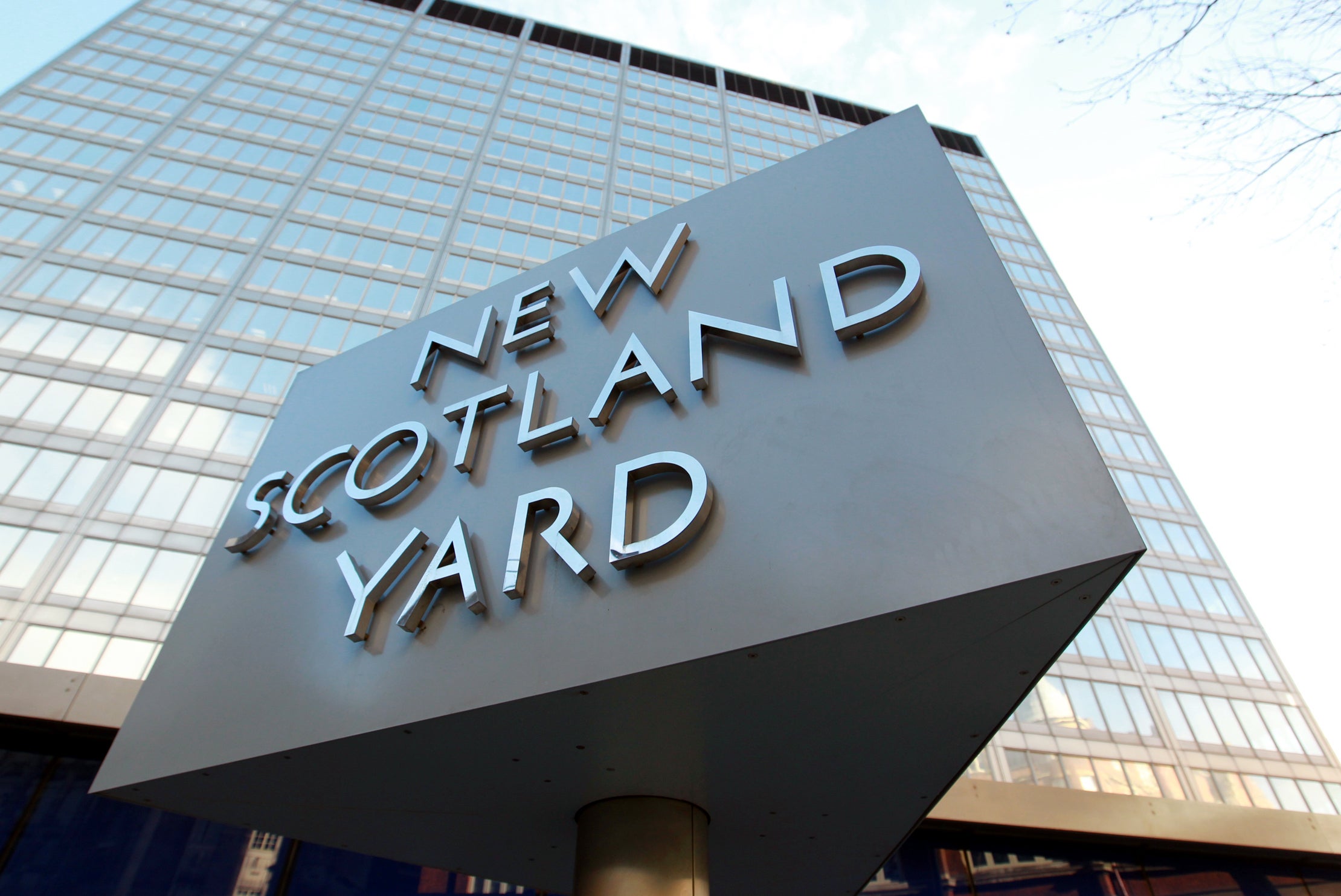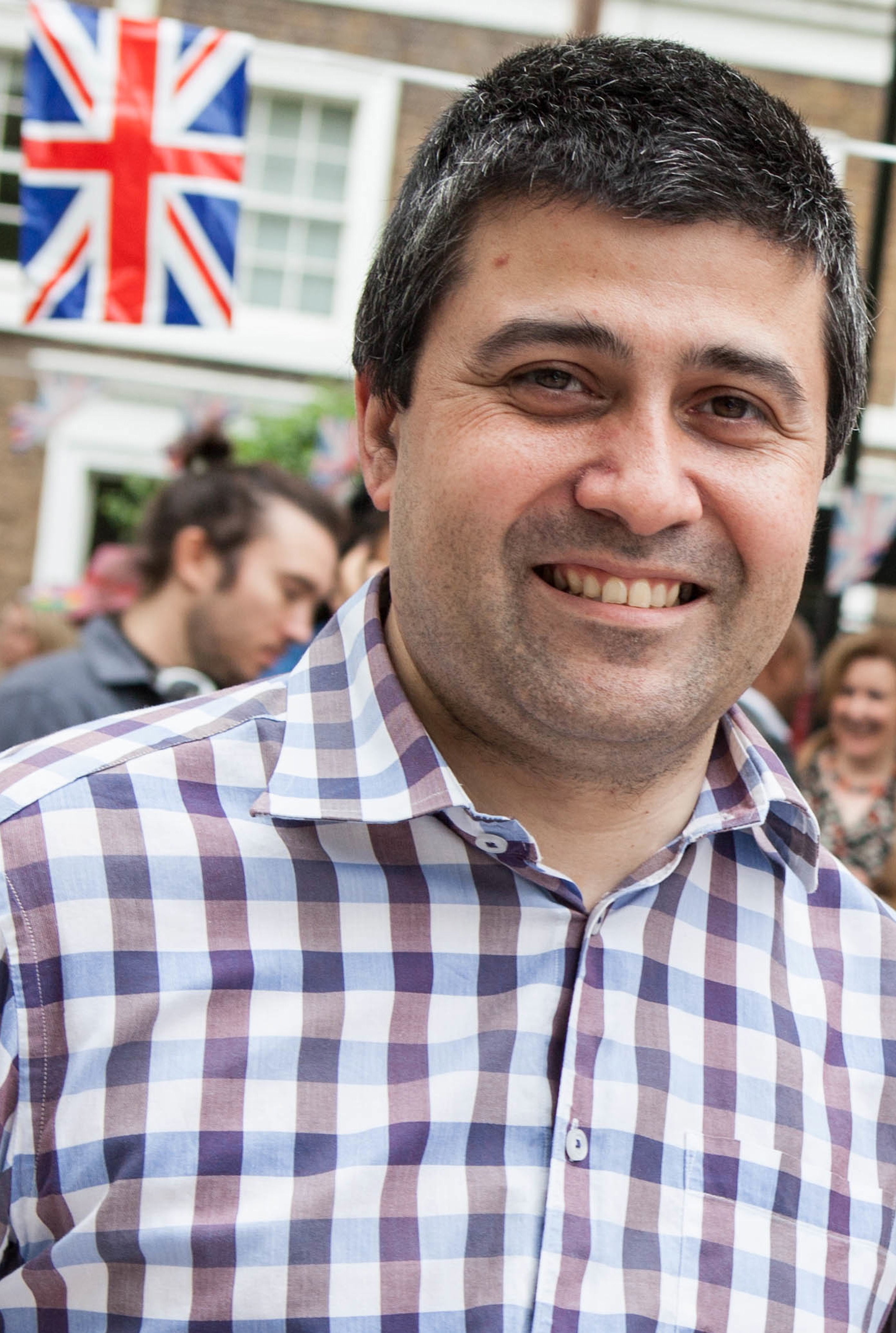
Scotland Yard has been criticised for securing a “paltry” four convictions following the racist abuse of England footballers after the Euro 2020 final one year ago.
Marcus Rashford, Jadon Sancho and Bukayo Saka were the subject of a barrage of abuse on social media after missing penalties in the shootout defeat to Italy on July 11 last year.
The incident prompted a public outcry and fuelled the debate amid moves by the Government to protect users from harmful online content.
On the anniversary of the match at Wembley Stadium in north London, Scotland Yard provided an update on action it had taken following a request by the PA news agency.
Its investigations have resulted in the convictions of four men, two of them receiving jail sentences.

In November last year, a 52-year-old was jailed for 10 weeks for sending a malicious communication on Facebook on July 17 last year.
In February, a 66-year-old was jailed for six weeks for sending “by means of a public electronic communications network” a message that was “grossly offensive, indecent or obscene” on July 11 last year.
Last month, a 22-year-old was ordered to pay £239, including a fine of £120, for an offensive message sent on July 12 last year.
The fourth man, aged 23, will be sentenced later this month after admitting sending an offensive message on July 11 last year.
In addition, Scotland Yard said four males had been spoken to by way of a “community resolution” for misuse of a communications network and one more was referred to the Youth Offending Team.
No further action was taken against five males and one female while a further male remains under investigation, police said.
Sunder Katwala, director of independent think-tank British Future, has received abuse from a Twitter troll who also made offensive posts about the three footballers.
Mr Katwala, a lifelong Everton fan, told PA: “Four convictions in the year since the Euros final is a paltry total.
“Local forces just seem to lack the capacity, culture and confidence to assess reports – especially to separate perhaps more trivial one-off examples from serious and sustained racial abuse and harassment.
The CPS takes racism in sport extremely seriously because of the devastating impact it has on victims and wider society— CPS spokesman
“Parliament is debating the boundaries of legal but harmful material, but there is too little attention paid to de facto impunity for sustained campaigns of racial hatred until there is a capacity and culture shift in policing.”
Mr Katwala said that efforts continued to report sustained racist abuse against England footballers, among others, but suggested they were not picked up until they had escalated.
Superintendent Joseph McDonald, from the Metropolitan Police, said: “The Met does not tolerate any form of unlawful discrimination and is committed to working with partners to robustly tackle hate crime by holding offenders to account, bringing prosecutions where appropriate, and in particular, supporting victims.
“Where such an incident is reported to us or identified by police we will investigate as appropriate.
“I hope these judicial outcomes prove to be a deterrent to those who may think about posting offensive comments on social media.”
Kick It Out chairman Sanjay Bhandari backed the Online Safety Bill.
He told PA: “We’ve been working quite a lot with the social media companies. We know they’re putting systems in place and we know that’s having some effect in tackling the problem, but it’s mutating.
“We’re seeing a lot more audio messages, video messages, other types of content.
“New threats emerge, so we can’t be complacent about this and, really, we’re not going to get lasting change unless there are legal obligations on social media companies, and so we are strongly supportive of the Online Safety Bill.”

Mr Bhandari added: “The challenge with mounting successful prosecutions under the current system is the location of offenders (with many being overseas), gaps in the law and gaps in enforcement resources and priorities.
“The Online Safety Bill seeks to address the overseas offender challenge by designating hate crime as priority illegal content so that the platforms will have an active duty to minimise exposure to such content, otherwise they are subject to hefty fines of up to 10% of their revenue.
“New offences will also be added to plug gaps in the law and to address persistent offending such as pile-ons and malicious tagging, as well as death threats and rape threats. But the challenge of resourcing and priorities sits outside the Bill and will remain so unless specifically addressed.
“We have made suggestions previously to the Home Secretary and will pursue these with the Government and regulators under the new Bill as we believe that a national, integrated and multi-disciplinary approach to enforcement is required to make the Online Safety Bill effective.”
The Crown Prosecution Service has highlighted five more convictions elsewhere in the country.
Last September, a 43-year-old from Cheshire was sentenced to 14 weeks’ imprisonment, suspended for 18 months, for abuse posted on Facebook.
The following month, a 49-year-old man from Folkestone in Kent admitted sending an obscene message on Facebook and was given a suspended sentence of 50 days and ordered to do 200 hours of unpaid work.
In March, a 54-year-old was sentenced to 12 weeks’ imprisonment, suspended for 12 months, by St Albans magistrates for “grossly offensive” tweets about Rio Ferdinand’s match commentary.
The same month, a 19-year-old from Worcester was jailed for six weeks for racially abusing Mr Rashford on Twitter after the Euro 2020 final.
A former parish councillor, aged 64, from Shropshire, was ordered to pay more than £1,000 the same month for racist comments on Facebook.
A CPS spokesman said: “The CPS takes racism in sport extremely seriously because of the devastating impact it has on victims and wider society.
“Where there is sufficient evidence and it is in the public interest, we will prosecute these cases. We work with sporting bodies and the police to advise them on the evidence required to build strong cases so that offenders can be brought to justice.”







